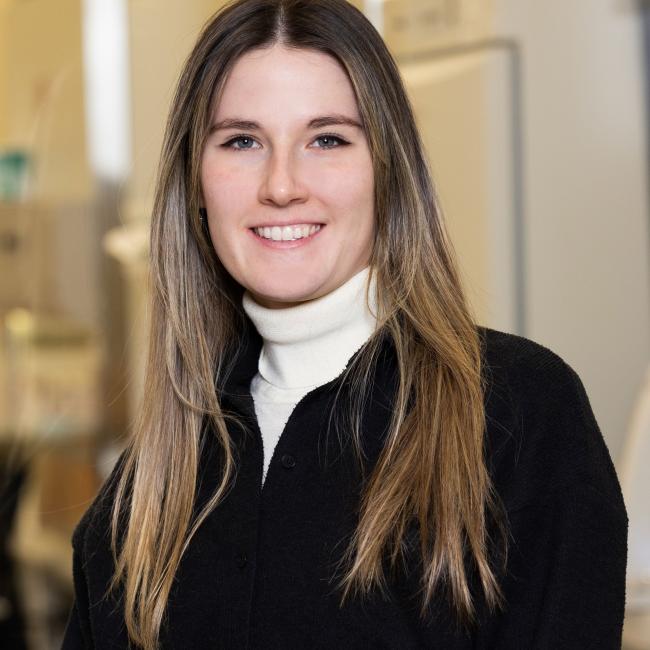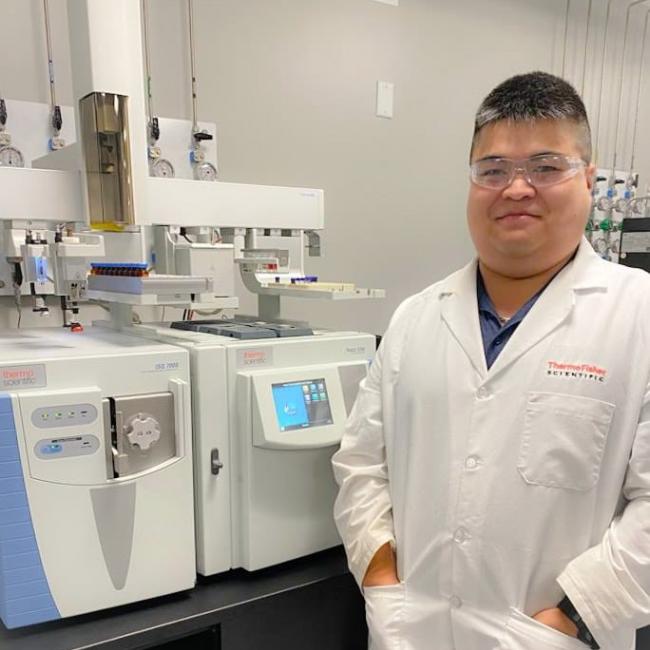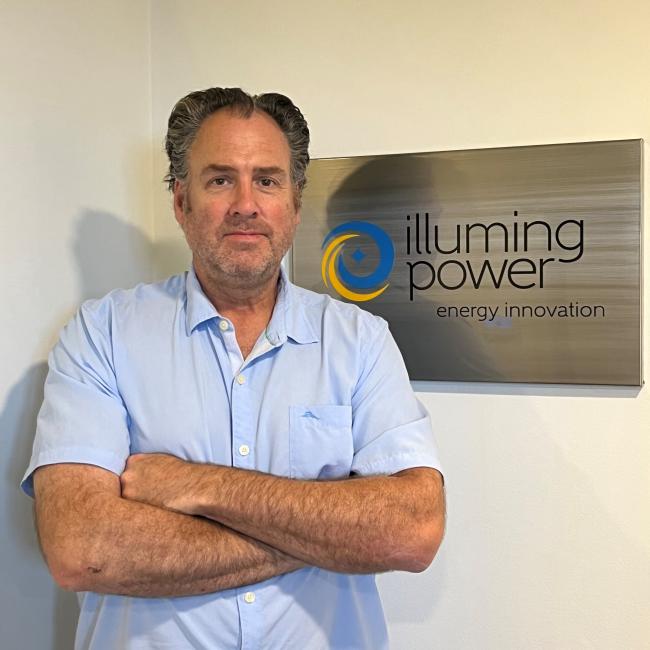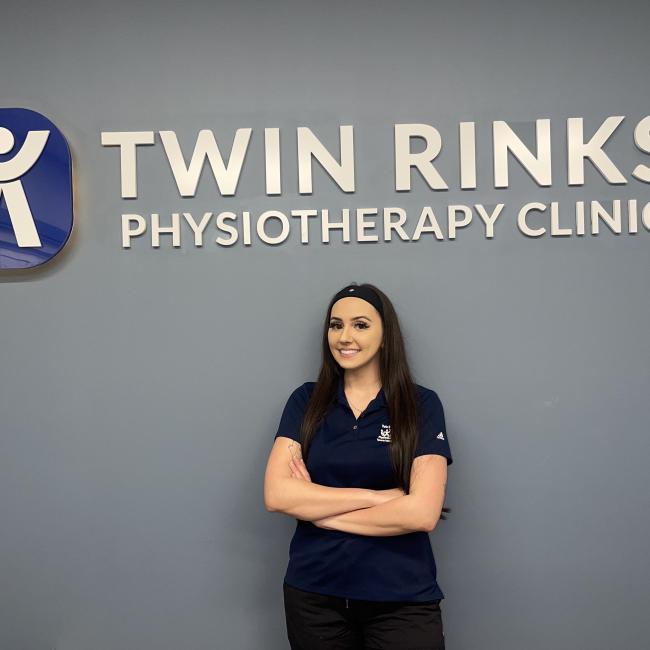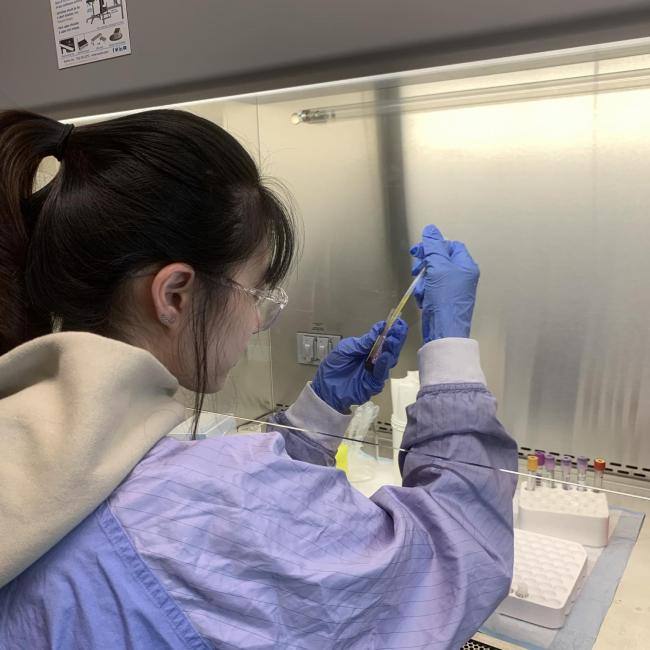I completed four 4-month work terms at three companies:
While at Maxxam I worked in the sample preparation department where I extracted potential contaminants from environmental samples and prepared the extracts for testing by the analytical chemists,
While at Angiotech I worked in the Analytical Chemistry department where I learned how to use an HPLC, how to develop a method for testing a new compound on the HPLC and tested samples from the formulation group to confirm the correct dose of the medicine would be dosed in vivo.
While at Pfizer I worked in the Medicinal Chemistry group within the Cardiovascular, Metabolic and Endocrine Diseases (CVMED) department. Here I synthesized many compounds to show the breadth of a novel reaction my supervisor had invented as part of a project he was working on. The work that I did at Pfizer was published in a peer-review journal, so other chemists around the world can benefit from it too.
I am now working at Chinook Therapeutics, based in Vancouver, as a CMC Project Manager. CMC stands for Chemistry, Manufacturing and Controls and in my role, I manage the project of manufacturing, testing, and ensuring quality and consistency of the material that is manufactured to be used in clinical trials and sold commercially.
Co-op helped me immensely in my career journey. It gave me the experience during my undergrad to see what it is really like to work in a lab as a chemist (spoiler: it is very different, in a good way, than the lab classes), and what type of education I would need to secure the type of job I was looking for after graduation. It also helped me see that I preferred working in the lab as a synthetic organic chemist vs an analytical chemist.
I earned my MSc in organic chemistry and I truly believe that my co-op experience gave me a leg up on other students graduating with their MSc. I was able to apply for jobs highlighting my MSc, and the ~1.5 years of experience working in industry during my co-op work terms.
I started my career after graduating with my MSc, working in the lab as a synthetic chemist, and transitioned out of the lab to work as a project manager, managing a team of scientists in and outside of the lab.
Even to this day, more than 10 years since I completed my last work term, I can understand and empathize what my colleagues in manufacturing and analytical are dealing with in their day to day, based on my experiences in the lab during my co-op work terms. I am very grateful I had the opportunity to work in multiple fields of chemistry during my work terms, which gave me a breadth of experience I could not have achieved as easily, if I had not been in co-op.
Another skill that I gained as a result of co-op, which has stuck with me since I joined the program 15+ years ago is how to draft a cover letter and resume that stand out and sell my skills and highlight how I would be the best candidate for a position I am applying for. I thought my resume and cover letter writing skills were good before joining co-op, but they were thoroughly improved upon, and put to the test when I applied to all the co-op positions that interested me. As I sought out my international co-op work term, I was also given the opportunity to receive additional training on how to draft a cover letter and resume when applying to companies outside of Canada, which benefited me greatly and allowed me to secure a co-op position in the USA.
You should join the co-op program – you won’t regret it! At the time I was considering joining the program, the cost to participate seemed like a lot of money, and wondered if it would be worth it. Looking back, the cost to participate was absolutely worth it, as it gave me experience in areas that I could not have imagined, and could not have gained without participating in co-op.
I also remember my friends who graduated at the same time as me – the ones who participated in co-op had a much easier time securing jobs, and those jobs were at a higher level than the friends who did not participate in co-op.
Once you join the co-op program and are in your work terms, you will also have the opportunity to talk to and network with colleagues and co-ops in other departments. This may open your horizons to careers that you did not even know about, but you find extremely interesting. I highly recommend asking as many questions as you can during your work terms and learning about the other departments and what they do.









